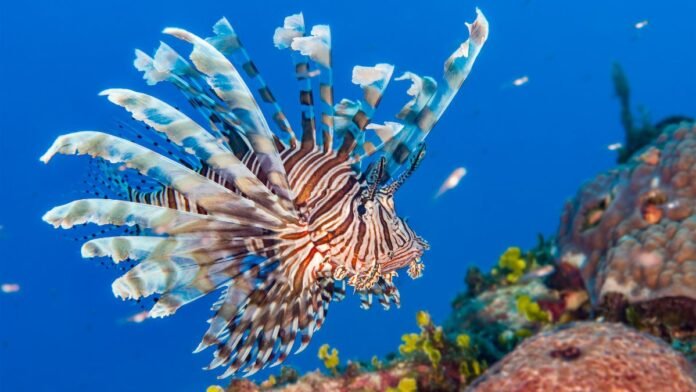Where are the most biologically diverse region on all earth and the oceanic realms? The wonderful islands of the Caribbean form a biodiversity hotspot.
These islands have been home to many plants and animals that you can find nowhere else on earth. The Caribbean islands’ geographic location makes them a suitable habitat for unique species of flora and fauna.
Flora
The Caribbean is a biodiversity hotspot, with thousands of species of plants. The region has the highest rates of endemic flora in the world. So, we often find biodiversity characteristics in the Caribbean that you cannot see anywhere else on the globe.
Caribbean flora has adapted to the unique environment of this region. Despite the shared geographic features, habitat loss and species extinction threaten this region.
Here are some components of biodiversity in Caribbean tourism destinations.
Fauna
The Caribbean has many ecosystems that are home to a wide range of animals. The diversity of the fauna in this region is one of the most interesting things about it.
This region is home to many types of animals including mammals, birds, amphibians, reptiles, and fish. Many of these animals are also endemic to the Caribbean region. The animals have adapted to the tropical environment.
Coral Reefs
The coral reefs in the Caribbean are a major part of the biodiversity, which is why it is important to protect them. Coral reefs are home to many species of aquatic life. They also protect some coastal communities.
Caribbean coral reefs are a tourist attraction for persons that like to snorkel and see the beauty within the sea. They also help to protect the shoreline from big waves and are pretty to look at.
Marine Environment
The Caribbean is home to the world’s most diverse marine environment. The region has over 6,000 species of fish and 500 species of corals. It also has over 700 unique species of sponges and 400 different seaweed.
Many people don’t know that the Caribbean is also home to over 1,500 species of mollusks. This includes snails, slugs, squid, and octopuses. But one thing that many people don’t know is that these creatures are disappearing. Because of climate change and other human-made causes.
There are two main reasons for the decline in marine biodiversity in the Caribbean. Climate change and pollution from humans (especially plastics). These two factors have a huge impact on ocean health. They limit where animals can live or what they can eat.
Ecotourism
Tourism is a major industry in the Caribbean. Generating billions of dollars and employing millions of people. It is also the largest employer of women on the region’s islands. Many women finding jobs in the tourism sector.
The Caribbean rich biodiversity aids its ecotourism benefits. It is home to both terrestrial and marine life. The region’s tropical climate has also led to an abundance of plant life. For example, there are over 8,500 species of plants in Jamaica alone.
The Caribbean is truly a biodiversity hotspot. But, one of the biggest threats to biodiversity is tourism. Hence, while tourism increases, the conservation of biodiversity is a must.


